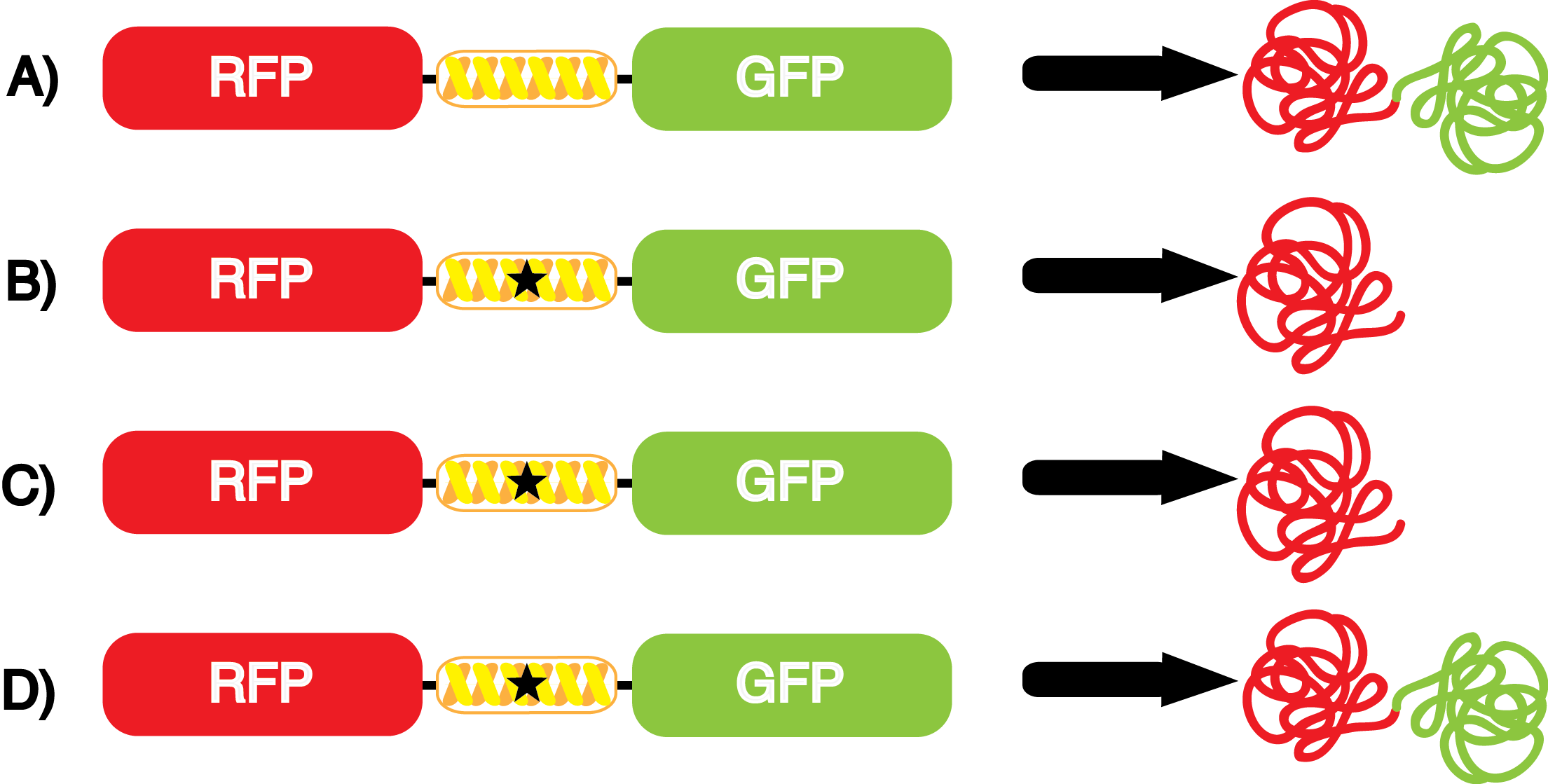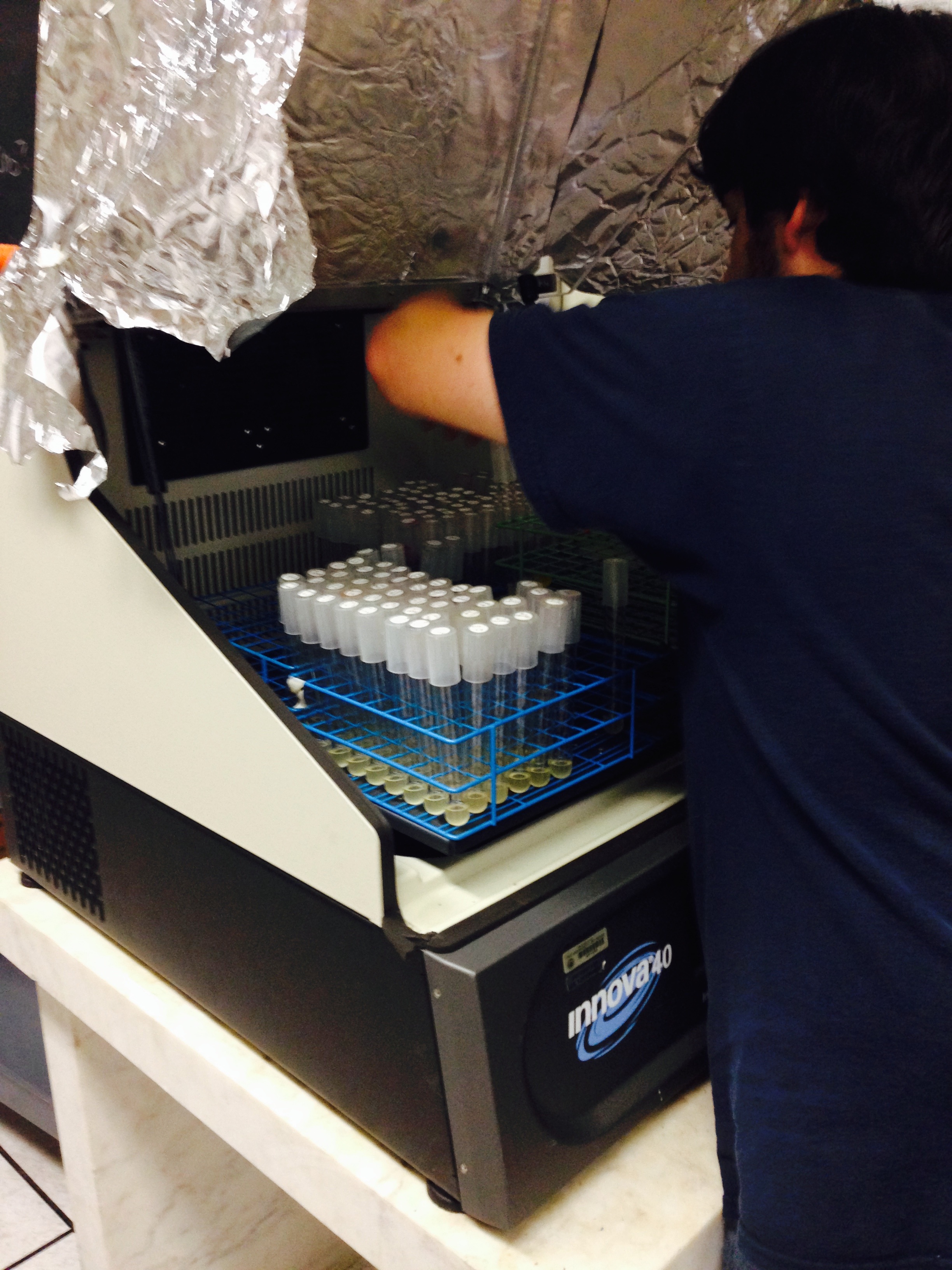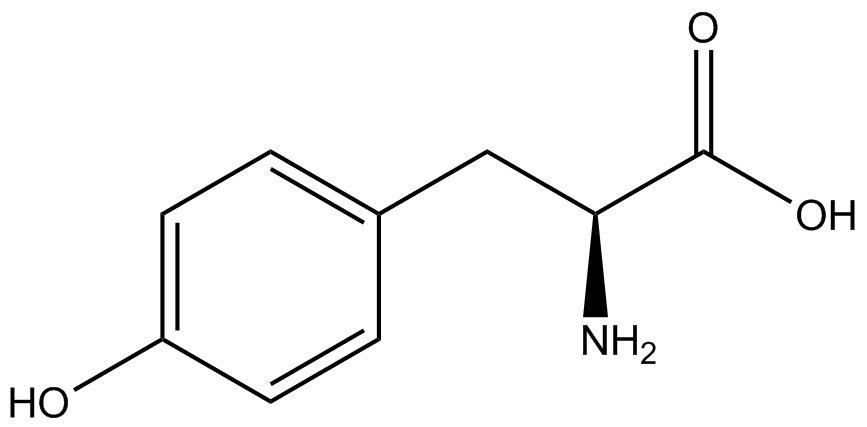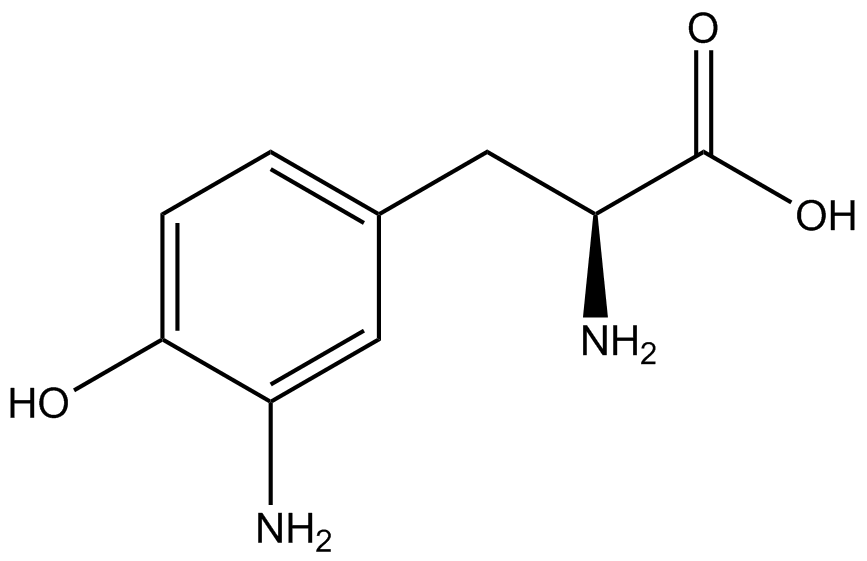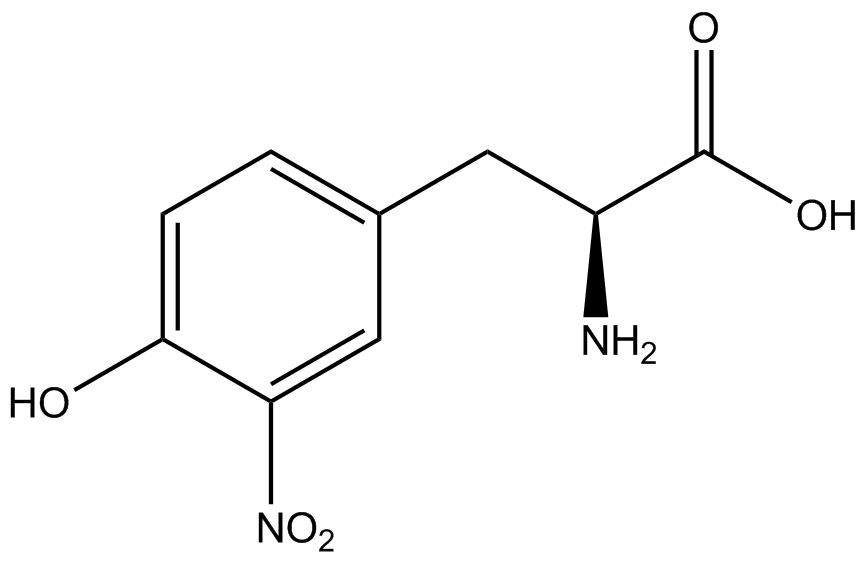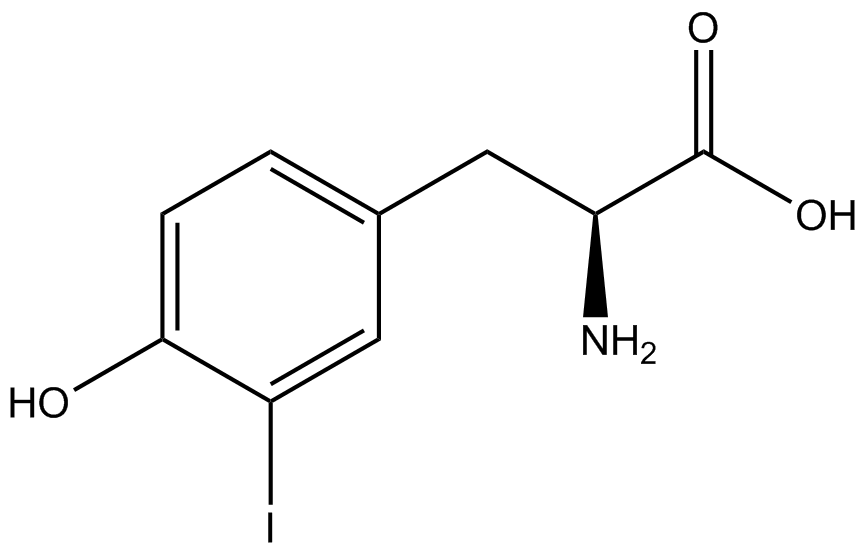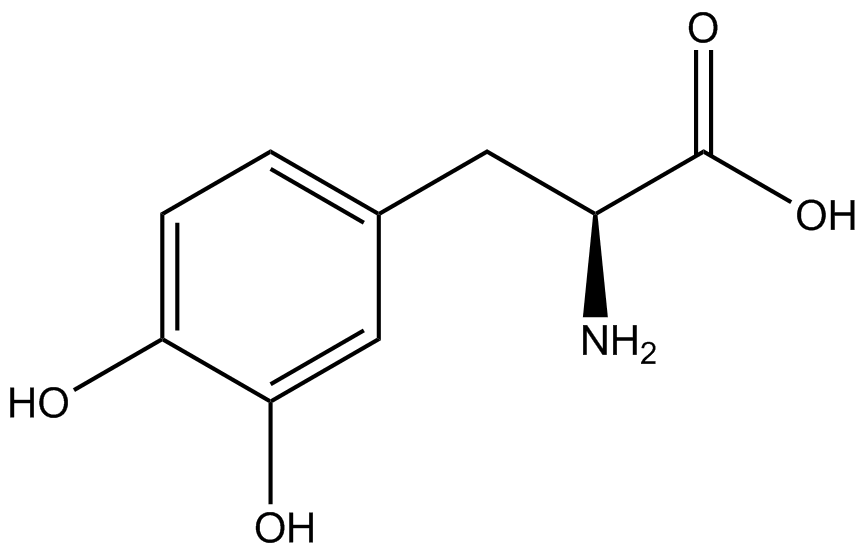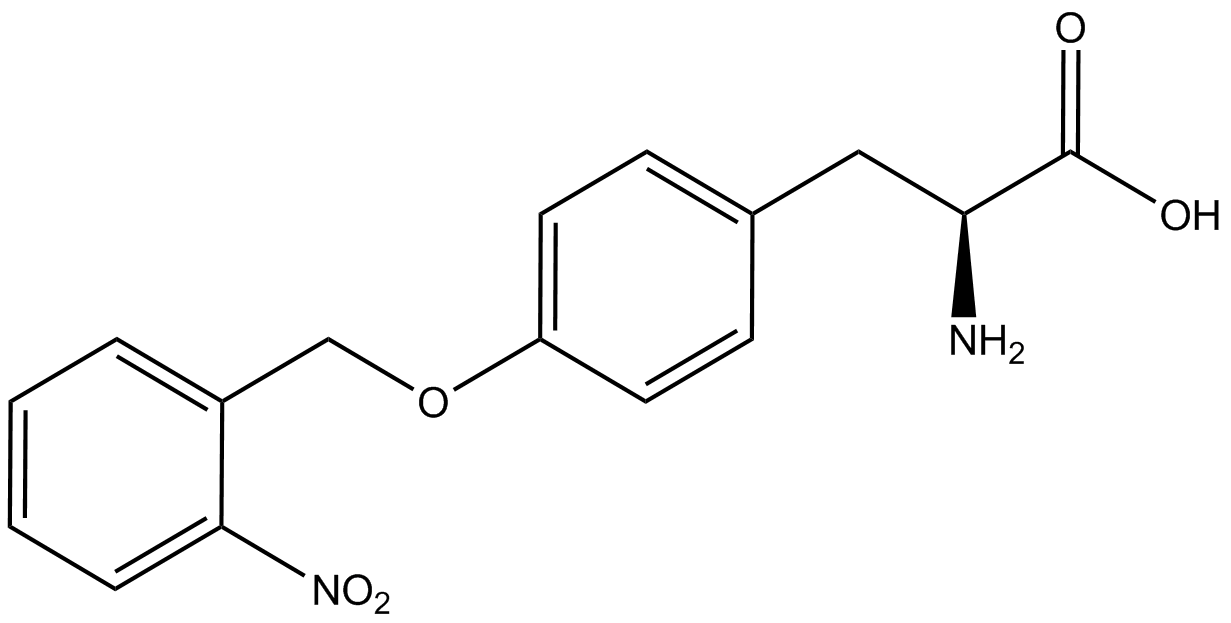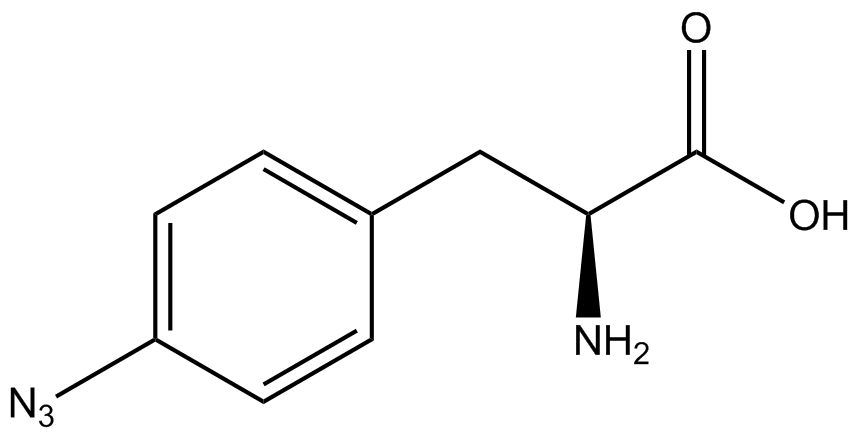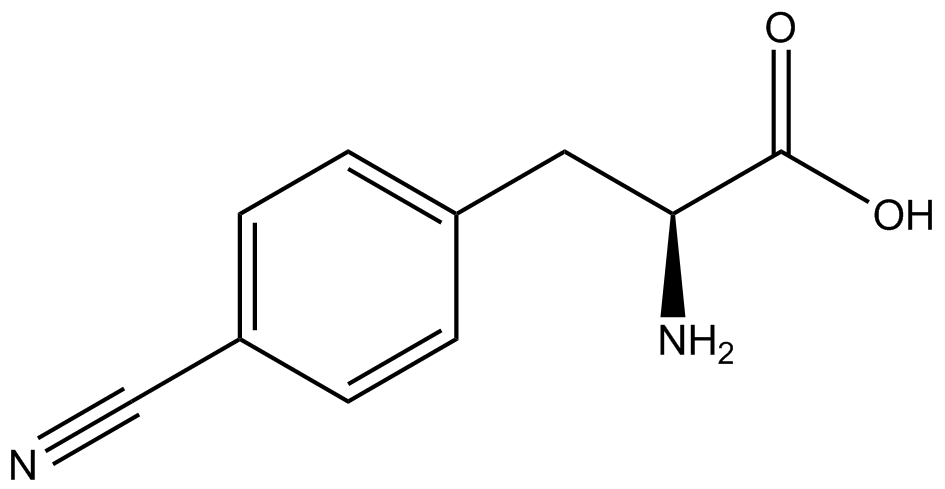Team:Austin Texas/kit
From 2014.igem.org
(→Experimental Design and Method) |
(→Kit Introduction) |
||
| Line 85: | Line 85: | ||
'''Desired properties??? High fidelity? High efficiency of incorporation? We should indicate what we want our kit to test for.''' | '''Desired properties??? High fidelity? High efficiency of incorporation? We should indicate what we want our kit to test for.''' | ||
| + | ==Motivation== | ||
| + | In order to recode UAG, a synthetase must be mutated to effectively "charge" a ncAA onto the corresponding tRNA '''FIGURE?'''. Various methods of directed evolution '''REFERENCE?'''are typically used to modify a synthetase such that it can interact with and then charge a specific ncAA. The library of ncAA synthetases available have ranging levels of reported efficiency and are not well characterized. This is based on the fact that many ncAA are not widely used, are published in short articles lacking full documentation, and our own unpublished experiences of working with a number of ncAAs. This year the UT iGEM Team created a test kit designed to characterize the efficiency of any ncAA synthetase/tRNA pair. Our goal is to produce a kit that is cheap, reproducible, easy to use AND easily portable (i.e. you don't need a lot of advanced equipment). | ||
| + | |||
| + | A total of seven ncAAs were used in addition to tyrosine. [https://2014.igem.org/Team:Austin_Texas/kit#ncAA_Table The full list of amino acids used in this study can be found here]. | ||
=Background= | =Background= | ||
Revision as of 19:54, 16 October 2014
| ||||||||||||||||||||||||||||||||||||||||||||||||||||||||||||||||||||||||||||||||||||||||||||
 "
"


